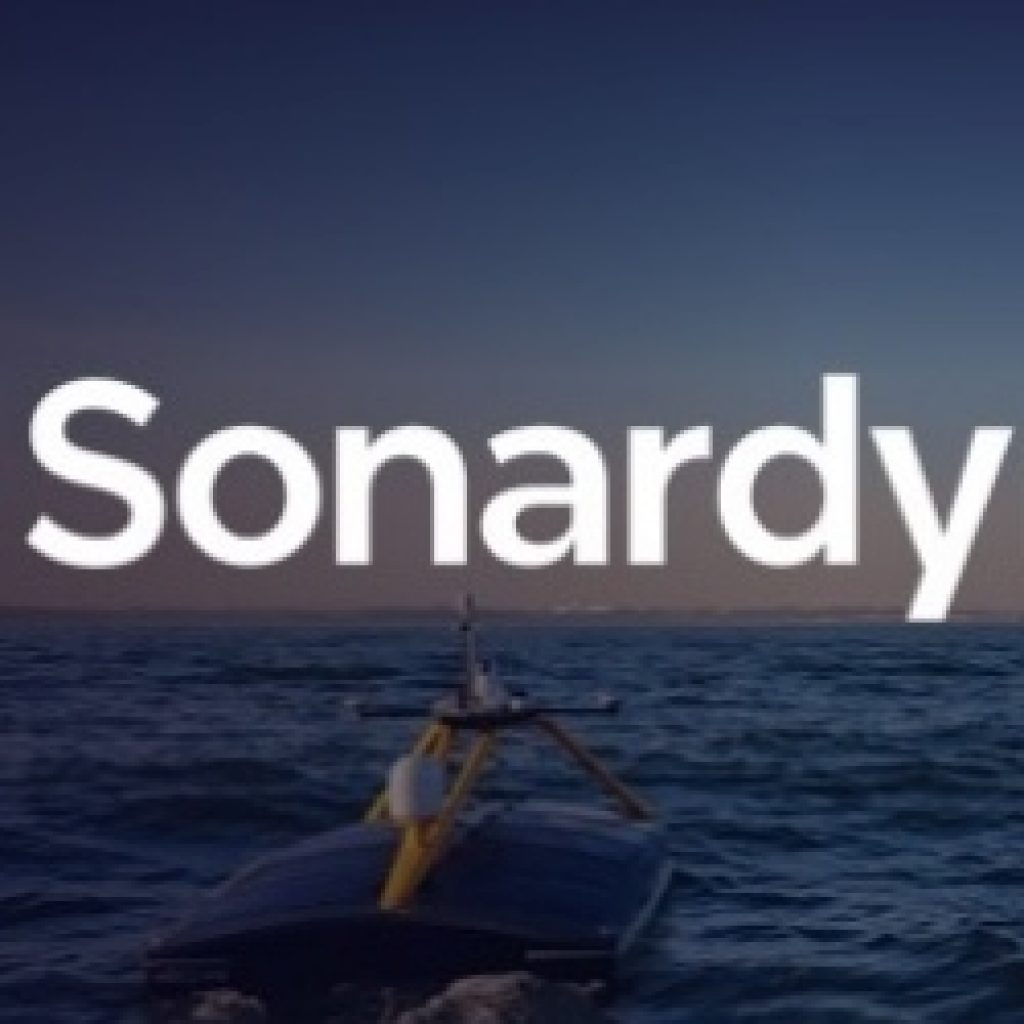(SmartEnergy) Two energy sector use cases are being supported in the latest funding round for quantum industrial projects in the UK.
These are focussed respectively on gas leak detection and the development of offshore wind energy among other marine applications.
The HYDrogen sensor for Industry (HYDRI) consortium led by BP has been awarded £2.5 million ($3.3 million). The aim is to develop quantum gas sensors to support the safe rollout of hydrogen as a widely used energy source in the domestic, industrial and transportation sectors.
BP envisages hydrogen as playing a significant role in its strategy for delivering its net zero ambition. In September 2020, the company announced its aim to capture 10% of the low carbon hydrogen market in core markets by 2030, as well as to build positions in both green and blue hydrogen in the US, UK, Europe, China as well as Australia.
The underwater technology developer Sonardyne International led single photon imaging system project has been awarded £2.7 million ($3.6 million).
Photon detection will be used to create high resolution 3D maps of the sea floor, with a key use case expected to be the installation and operation of offshore wind turbines. Others include asset decommissioning, environmental monitoring and defence.
Quantum photonic detection technologies should offer a step change in the resolution, accuracy, coverage and speed of generation of these maps compared to existing acoustic or traditional imaging solutions.
These two projects are among twelve that have received a total of £50 million in investment from UK Research and Innovation (UKRI) in the country’s National Quantum Technologies Programme.
The programme is supporting the growth of the UK quantum industry, which is expected to offer a multi-billion pound future market.
